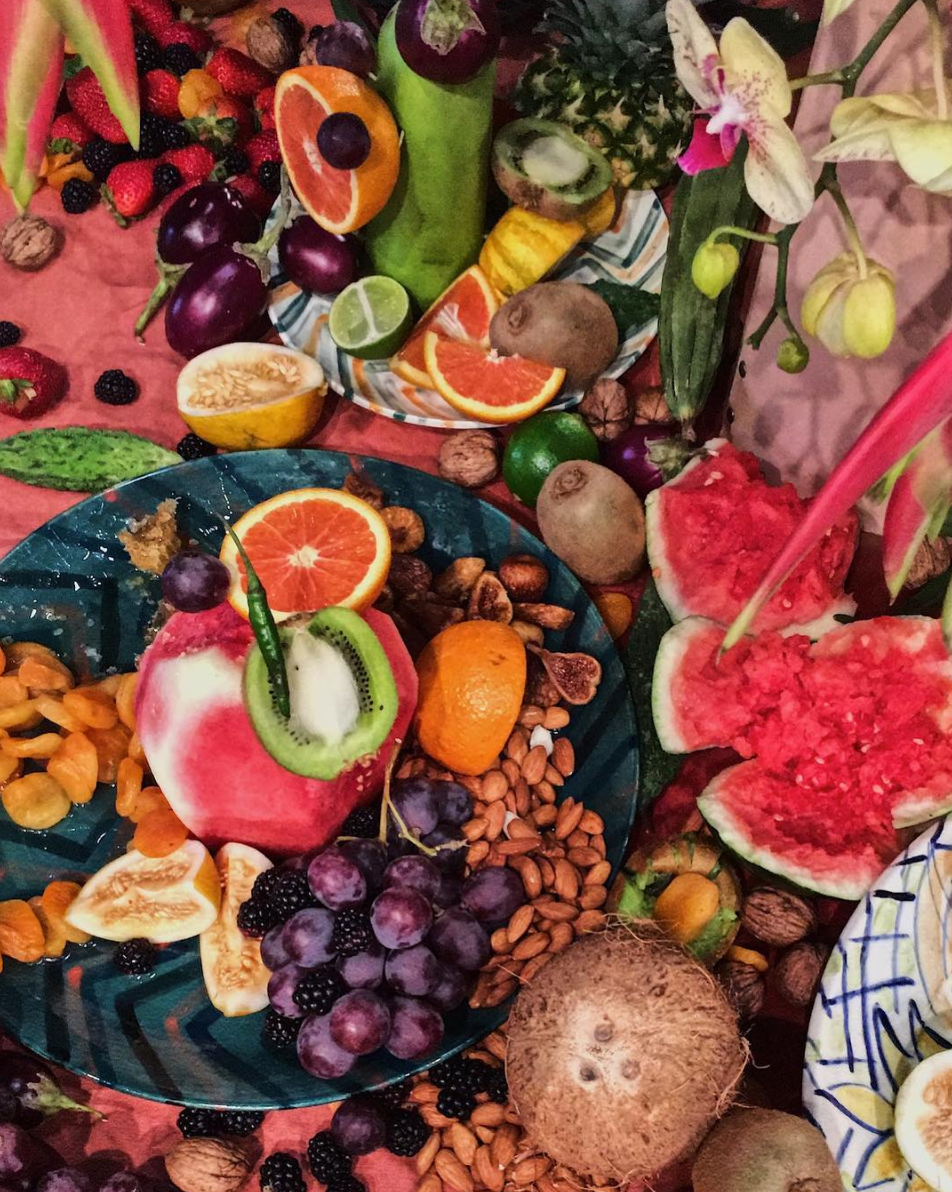2019 Clean 15 and Dirty Dozen Produce List

A great guide to follow when shopping for fruits and veggies is the Dirty Dozen and Clean 15 released by the US Department of Agriculture’s Pesticide Data Program report every year.
The following items on its “Dirty Dozen” list of fruits and veggies with the most pesticide residue detected for 2019 are as follows:
- Strawberries •
- Spinach
- Kale
- Nectarines
- Apples •
- Grapes
- Peaches
- Cherries
- Pears
- Tomatoes
- Celery
- Potatoes •
The items the Environmental Working Group (EWG) identified for its “Clean 15,” which report the least likelihood to contain pesticide residue for 2019 are as follows:
- Avocados
- Sweet corn •
- Pineapples •
- Sweet peas (frozen)
- Onions
- Papayas •
- Eggplants
- Asparagus
- Kiwis
- Cabbage
- Cauliflower
- Cantaloupes
- Broccoli
- Mushrooms
- Honeydew
Following this guide is a great way to budget and locate a safer produce. However, some things to take into consideration when shopping for a few things on the lists above are:
- Strawberries: although they are the only berry on the Dirty Dozen list, all thin skinned fruits, berries and leafy greens should always be purchased organic when possible.
- Apple: varieties such as “Ople” and “Arctic” are GMO and should be avoided. The different GMO variety names are “Arctic” Golden Delicious, “Arctic” Granny Smith, “Arctic” Fuji varieties & “Arctic” Gala. Apples should be purchased local and organic when possible.
- Corn: 90% of corn is GMO and contaminated by Monsanto’s Germ. Local organic heirloom is the only corn safe to consume in moderation. GMO corn is processed into sugars, oils, livestock feed, processed foods, vinegars, preservatives, artificial ingredients, flavoring agents and thickeners.
- Papaya: 75% of Papaya crop is GMO. GMO varieties include Pink Fleshed “Rainbow”, “Sun Up”, “Strawberry”, “Sunrise” and most all Hawaiian Papayas. NON GMO varieties include “The Mexican Red”, “Caribbean Red”, “Maradol”, “Royal Star”, “Kapoho”, “Singapore Pink” (Red flesh), and “Higgins” variety.
- Potatoes: should always be purchased organic. GMO varieties include “New leaf” potatoes (commonly used for fast food restaurants), “Fortuna” and “Amflora” Potatoes as well.
- Pineapple: In 2013, the USDA approved the import of a GM pineapple that is pink in color, produced by Del Monte.
Store bought items should always be properly cleaned as a means to avoid as much pesticides, herbicide and bacteria residue as possible. All conventional and organic store bought items should be soaked in a vinegar/water solution that contains 1 part organic white distilled vinegar to 7 parts cold water ratio. Soak for a minimum of 45 minutes, rinse and dry. This will also reduce fungus and mold spores and extend shelf life. Produce purchased from trusted local organic farmers or “own grown” can be rinsed with cold water as a means of preserving natural prebiotics. Leaving some soil residue and white waxy film found on fruits and veggies is very beneficial to the gut. Fresh picked from the garden also contain higher amounts of minerals, B12, selenium and sulfur’s, all which have been stripped from the soil and diets from the over usage of pesticides.
Here are some tips to form safer and budget friendly buying habits:
- Seek locally owned and operated organic farmers, growers, co-ops, & specialty markets first as well as smaller chains that focus on local buying.
- Purchase seasonally, this ensures a better quality product.
- Save big box stores for items that can be purchased in bulk as a last resort as means to to phase out bad practiced commercially grown items.
- Purchase sale items in bulk and flash freeze for future use. Ask stores if there are additional savings for bulk purchasing.
- Purchase seasonal local items and get acquainted with owners growers and operators.
- Form relationship with other like minded buyers, seek neighborhood growing communities as a means of supporting the local food supply.
- Watch out for local sale advertisements and register for coupons, savings clubs and perks.
- Weigh pre bagged items and compare prices to loose items.
- Seek ethnic stores, they will always have a bigger selection of fresh produce and perhaps something new and exotic to try.
- Price match & use coupons.
- Stay involved in the process. Once a system is established, finding deals and staying acquainted with high quality items and larger savings gets easier.
***THESE STATEMENTS HAVE NOT BEEN APPROVED OR REGULATED BY THE FDA. WE ARE NOT DOCTORS, THEREFORE ALWAYS CONSULT WITH YOUR DOCTOR FIRST.





